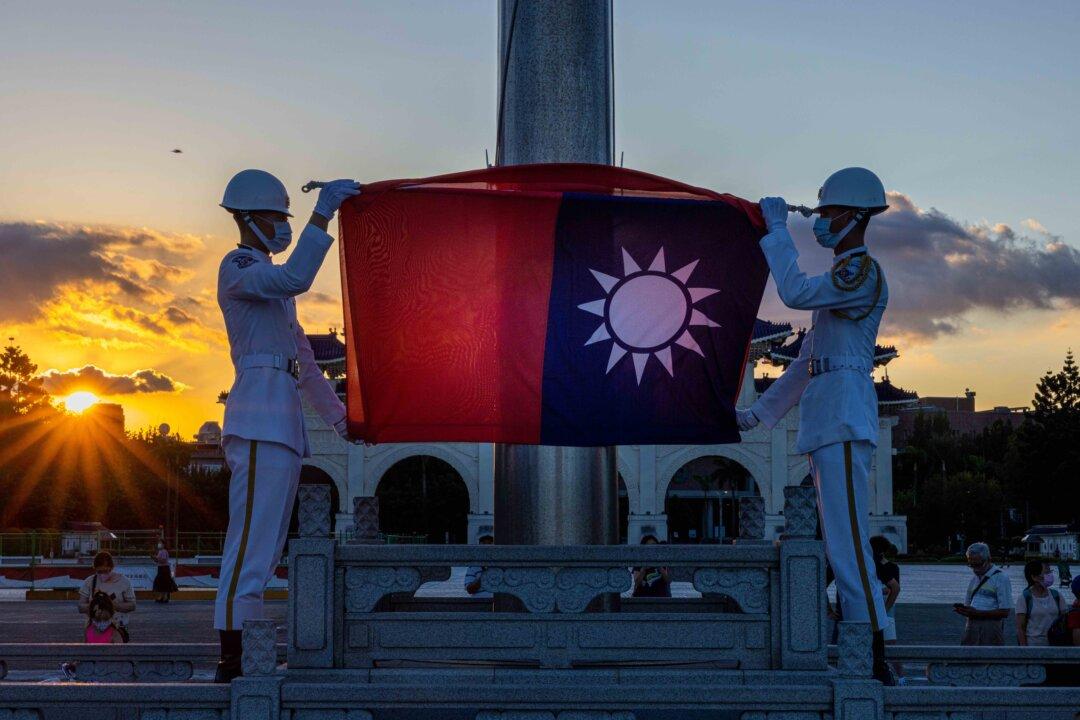Presidential elections in Taiwan are scheduled for Jan. 13, 2024. Political parties have started battling for votes in an event that holds high geopolitical stakes and is expected to set the course for future U.S.–China relations.
Experts tell The Epoch Times that young voters in particular are seeking answers to the many problems facing the self-ruled island. With various political parties in the fray, they have ample alternatives.





